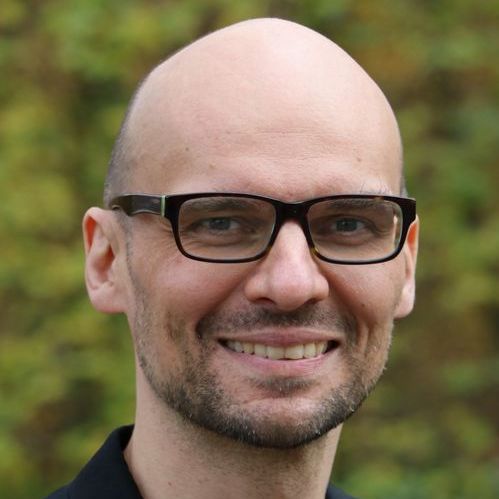More than half of Germany's population lives in rural areas. The situation and potential of rural areas have increasingly become the focus of federal policy in recent years. To meet the growing need for research and advice, the Federal Ministry of Food and Agriculture (BMEL) is strengthening its capacities: On December 1, Institute of Rural Economics will be founded as a new specialized institute of the Thünen Institute. It will be located in the eastern Westphalian town of Höxter.
Among other things, the Thünen Institute researches the development of living and economic conditions in rural areas, examines their causes and advises political decision-makers, especially the BMEL. Whereas in the past there was one specialized institute conducting broad-based research on rural areas, in the future there will be two institutes with different, complementary focuses. In Höxter, the economically oriented Institute of Rural Economics is being established. Complementary to this, the former Institute of Rural Studies will in future concentrate more on social science issues. It will be renamed the Institute of Rural Studies, its staff will be expanded and it will be relocated to Höxter in the medium term. With the strengthened research power, policy-makers can be advised even better in the future and the state of knowledge about these important areas can be expanded.
The new director of the Thünen Institute of Rural Economics is Prof. Dr. Christian Hundt. He had prevailed in a jointly conducted appointment procedure of the Thünen Institute and the Leibniz University of Hanover and now simultaneously receives a professorship for economy in rural areas in Hanover.
Christian Hundt studied, among others, at the University of Cologne and at the Open University of Hagen and holds diplomas in economic geography, economics and business administration. In 2012, he received his doctorate in economic geography from Leibniz Universität Hannover. This was followed by positions at the Ruhr University Bochum as well as at the Technical University Dortmund, where he held a substitute professorship in economics from 2014 to 2016. Since 2018, he worked at the Thünen Institute of Rural Studies in Braunschweig and habilitated at the Ruhr University Bochum in May 2021. On December 1, 2021, he will take up his new position as director of the institute. The initial focus will then be on establishing an efficient structure for the institute, which will move into the Marktquartier in downtown Höxter in spring 2022.
"There is no such thing as 'the' rural area in Germany - the various regions are very diverse," explains Christian Hundt. "That's why it's important to identify which factors shape the individual locations. Based on this, differentiated concepts can be developed." "I'm looking forward," the native of eastern Westphalia continues, "to setting up the new institute in Höxter. The fact that I grew up just over 25 km from here makes the new task all the more enjoyable for me."
"I see the strengthening of departmental research in the area of rural areas as recognition of our work to date. I am looking forward to the fact that we at the Thünen Institute will be able to devote ourselves to this area even more intensively and thematically more broadly, but above all to the cooperation with Christian Hundt and his institute," said Prof. Dr. Peter Weingarten, director of the Institute of Rural Studies.
The Thünen Institute has 15 specialized institutes; its headquarters are in Braunschweig. As a federal research institution in the portfolio of the BMEL, its mission is to develop scientific foundations for political decisions and to expand the state of knowledge through research for the benefit of society.

![[Translate to English:] [Translate to English:]](/media/_processed_/2/0/csm_LV_Bei_Hornburg_Quelle_Johanna_Fick_neu_da89674833.jpg)
![[Translate to English:] [Translate to English:]](/media/_processed_/2/0/csm_LV_Bei_Hornburg_Quelle_Johanna_Fick_neu_3aae309567.jpg)




